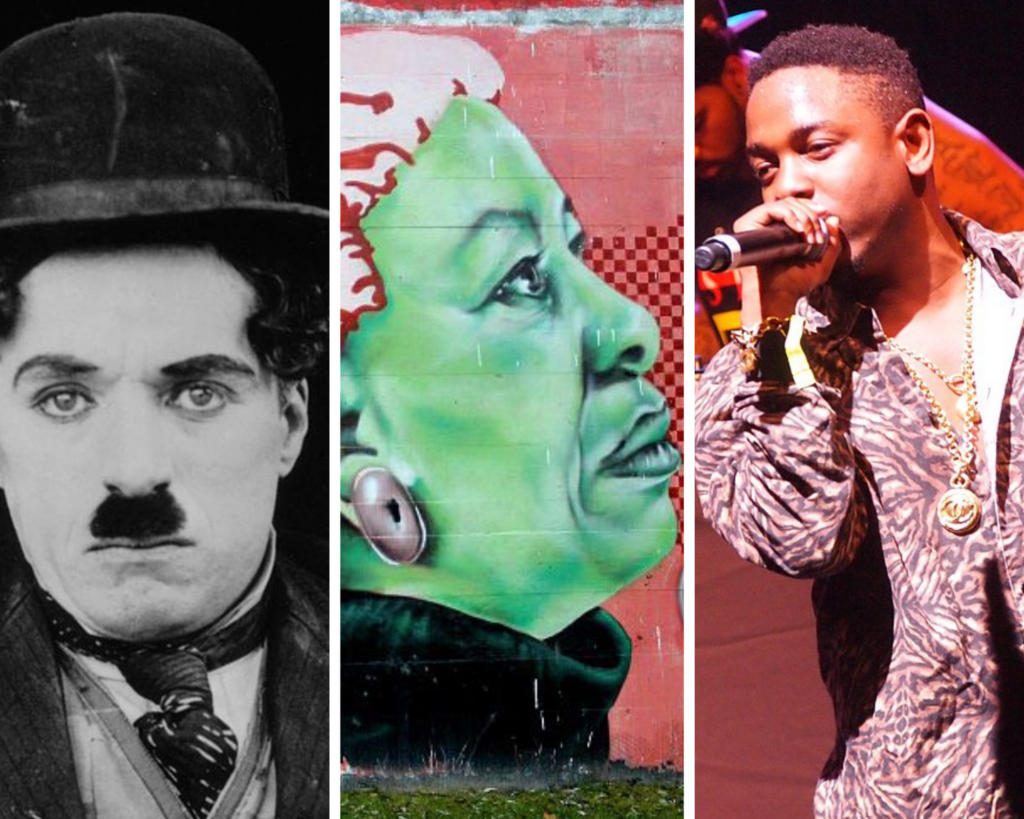
Breadths
- Art and Literature
- Social and Behavioral Sciences
- Philosophy and Values
How do hard choices produce new ways of thinking? And how do hard times produce new ways of analyzing society and new forms of creativity? The courses in this cluster explore major crises of the 20th and 21st century — crises that have economic, social, and moral dimensions — and explore the artistic, sociological, and philosophical responses to these crises. They will especially investigate the promise of justice, equality, and freedom in American history, with attention to those who exercised their imaginations to confront long-standing impasses and “make a way out of no way.”
Meeting Schedule
American Studies 10, Tu/Th 12.30-2p
Sociology 1, MWF 9-10a, discussion section Th 2-3p
Philosophy 2, MWF 3-4, discussion section M 4-5p
Hub Course: American Studies 10, Crisis and Cultural Innovation
Creativity in Times of Crisis: The 1930s, the 1970s, and the Great Recession
4 units, Art and Literature breadth
This course examines three moments in American history — the Great Depression of the 1930s, the social and economic “malaise” of the 1970s, and the Great Recession of the early-21st-century — and delves into how writers, filmmakers, and musicians responded to these crises with trenchant diagnoses of their world and radical visions of how it might be transformed. In the 1930s, we will turn to such artists as Tillie Olsen, Richard Wright, Duke Ellington, and Charlie Chaplin; in the 1970s, to such artists as Ursula LeGuin, Toni Morrison, Martin Scorcese, and the musicians behind the genres of soul and punk; and in the late-2000s, to such artists as Eugene Lim, Jordan Peele, Kendrick Lamar, and Janelle Monáe. Throughout, we will be attentive to the mainstream of American political discourse and to the ideas of social movements of the time so that we can assess the relationship between art and politics.
Instructor: Scott Saul
Wing 1: Sociology 1, Introduction to Sociology
4 units, Social and Behavioral Sciences breadth
W.E.B. Du Bois (1868-1963) was one of the great scholars and public intellectuals of the 20th century, he was an editor, poet, novelist, historian and above all the founder of US sociology. He was also a scholar-activist – a civil rights leader, socialist, and father of Pan Africanism. This course will take you through a selection of his prolific writings, starting with the sociology that informed his account of US history: his theory of the Civil War, Reconstruction and the rise of Jim Crow; his study of urban Philadelphia and of the rural South at the end of the 19th century; his account of race riots, masculine domination, the division of Africa among European powers at the time of World War I; his analysis of and reaction to the New Deal; and finally his involvement in the international was peace movement and struggles for Independent Africa after World War Two. With each topic we will assess the relevance of his work for today and together we will construct a Du Boisian sociology of our contemporary era.
Instructor: Michael Buroway
Wing 2: Philosophy of Morality and Social Justice
4 units, Philosophy and Values breadth
An introduction to some central issues in moral and political philosophy. The course will focus on issues of objectivity, disagreement, and pluralism in the domain of value. Questions to be addressed include: Are there objective moral standards, or are moral and other values relative? What are some specific moral requirements (relating to killing, sex, and helping people in need)? What is involved in leading a meaningful human life? Can morality contribute to making one’s life good? What makes a society just, and worthy of our allegiance? What are the implications of pluralism for social tolerance? When and why should we tolerate moral and political views that we find abhorrent?
Instructor: Olivia Bailey